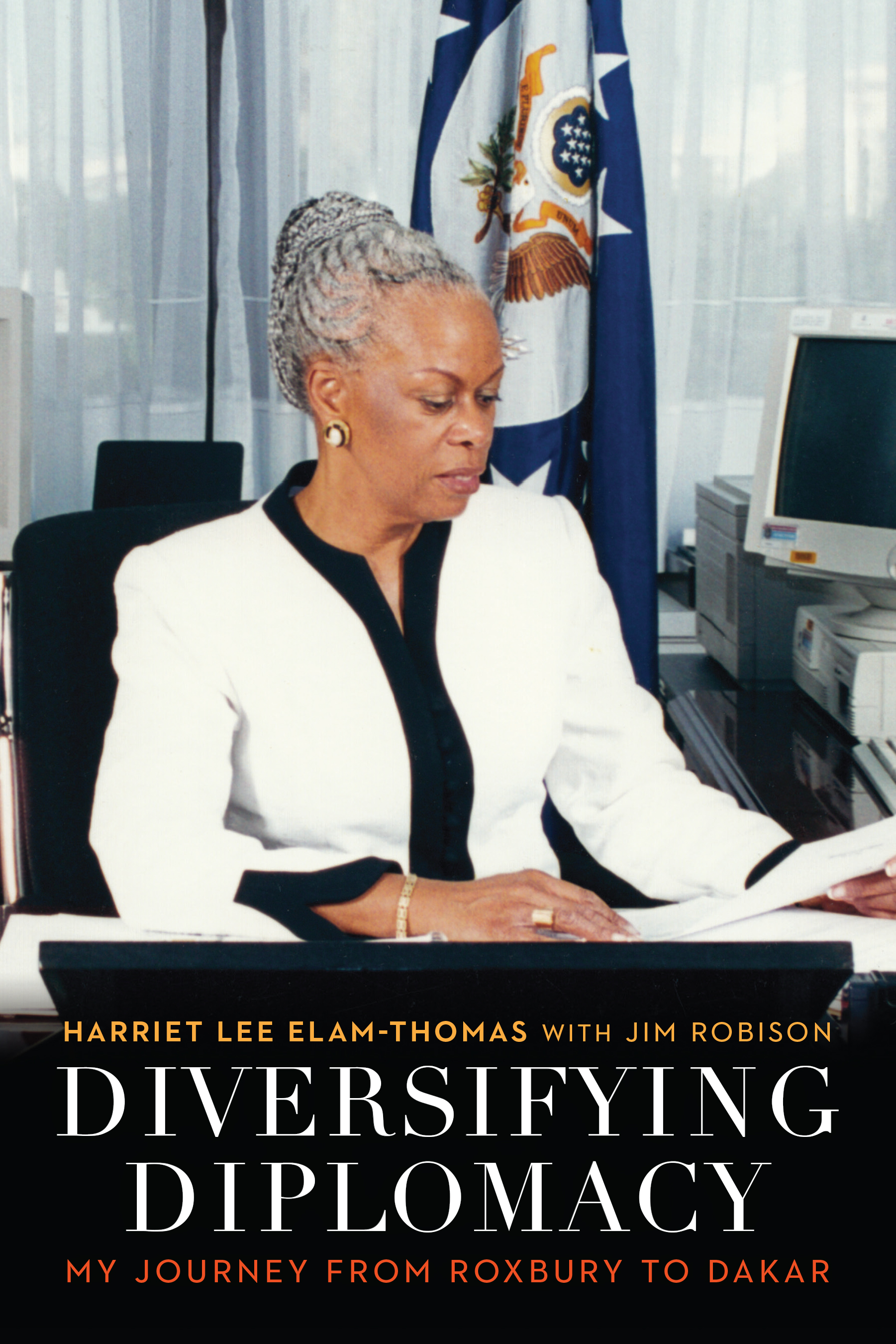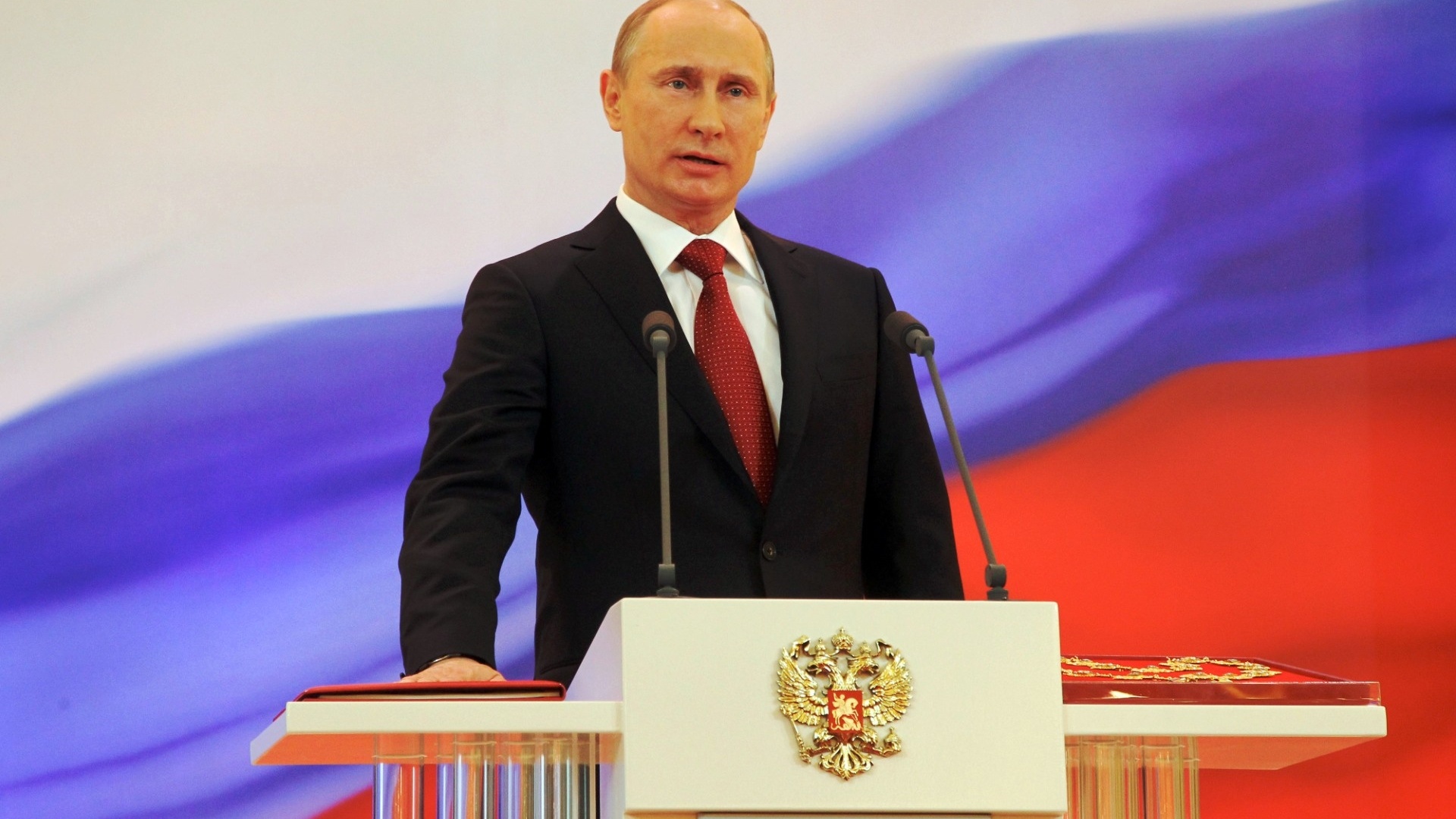The United Nations have a long-standing tradition of observances linked to particular days, weeks, years or even decades. These occasions are usually proposed by Member States, and then set by the General Assembly through a resolution. Some example include the Disarmament Week, World Earth Day, International Mother Earth Day, International Day of Democracy and Human Rights Day, each of which perfectly represent the UN goals to transform our current world. Established also with the aim of spreading greater awareness about the UN objectives, the above mentioned celebrations always resulted in a huge success, and they keep going in order to remember to the people the outstanding accomplishments that the UN has been able to achieve over the years.
In this sense, the next 24 October will celebrate the UN Day, that marks the anniversary of the UN Charter’s entry into force. This founding document was initially signed in San Francisco on 26 June 1945, to then start its effects in October of the same year, which officially gave birth to the United Nations as are known today. Even tough there were some divergencies and serious clashes of opinions, the outcome of the conference was eventually positive, and lead to a completely new era for the international relations. In fact, from that moment onwards, this new organization would have had to face extremely demanding challenges, especially in the new context of the post-World War two, which prospected itself to be highly arduous for both Europe and overseas countries. Essentially, the aftermath of the conflict was significant in a twofold way: on one side, there were entire cities destroyed, millions of civilian killed due to bombing raids and the big collapse of the economy. On the other side, it was the beginning of a new era, defined by the decline of all European colonial empires and the rise of two rival superpowers, respectively the Soviet Union and the United State. In addition, the menace of new nuclear weapons, which for instance were tested during the Nagasaki and Hiroshima attacks against Japan, contributed significantly to increase concerns around what would have been the proper measures to adopt in this hostile picture.
Consequently, the primary purpose after the war was to restore faith among the people and provide a safer world for everyone. Ensuring peace became a pillar of the UN goals, and even today the organization is managing to attain this and other tasks in order to create a community in which fundamental freedom and human rights are respected. Despite obstacles in some critical areas of the world, the UN continues to show its unwavering commitment to the principle stated in the Charter on a daily basis, and has been able to resolve issues that have positively shaped crucial fields for a more stable existence, such as counter terrorism, sustainable development and disaster relief.
For all these reasons, the celebration of the UN Day is something to which everyone can relate, regardless of culture, background, social status and religion. Each year, a global network of the UN organizes events such as ceremonies, panel discussions, briefings for students, film screenings, photo exhibitions and campaigns, both on the press and in social media. This year, the UN Day is part of a longer week that will take place between the 20 and the 26 of October. Since another key point of the UN mission is inclusion, cultural diversity is immensely taken into account. Hence, the event will be held across the globe, and will also include food festivals and concerts. More specifically, for this year is planned a special exhibition at the UN headquarter in New York, which will feature the Qatar Philharmonic Orchestra. This will be an exceptional occasion in which different people can gather together, proving that in our increasingly globalized world, being tolerant, respectful and open-minded can be a force behind greater development. Moreover, with threats and countries that still face a high degree of instability, it is of paramount importance to remember to celebrate the United Nations, which is looking continuously to innovative solutions to improve the general well-being of all humans, avoid conflicts and provide a safer world for this and for all the future generations.








